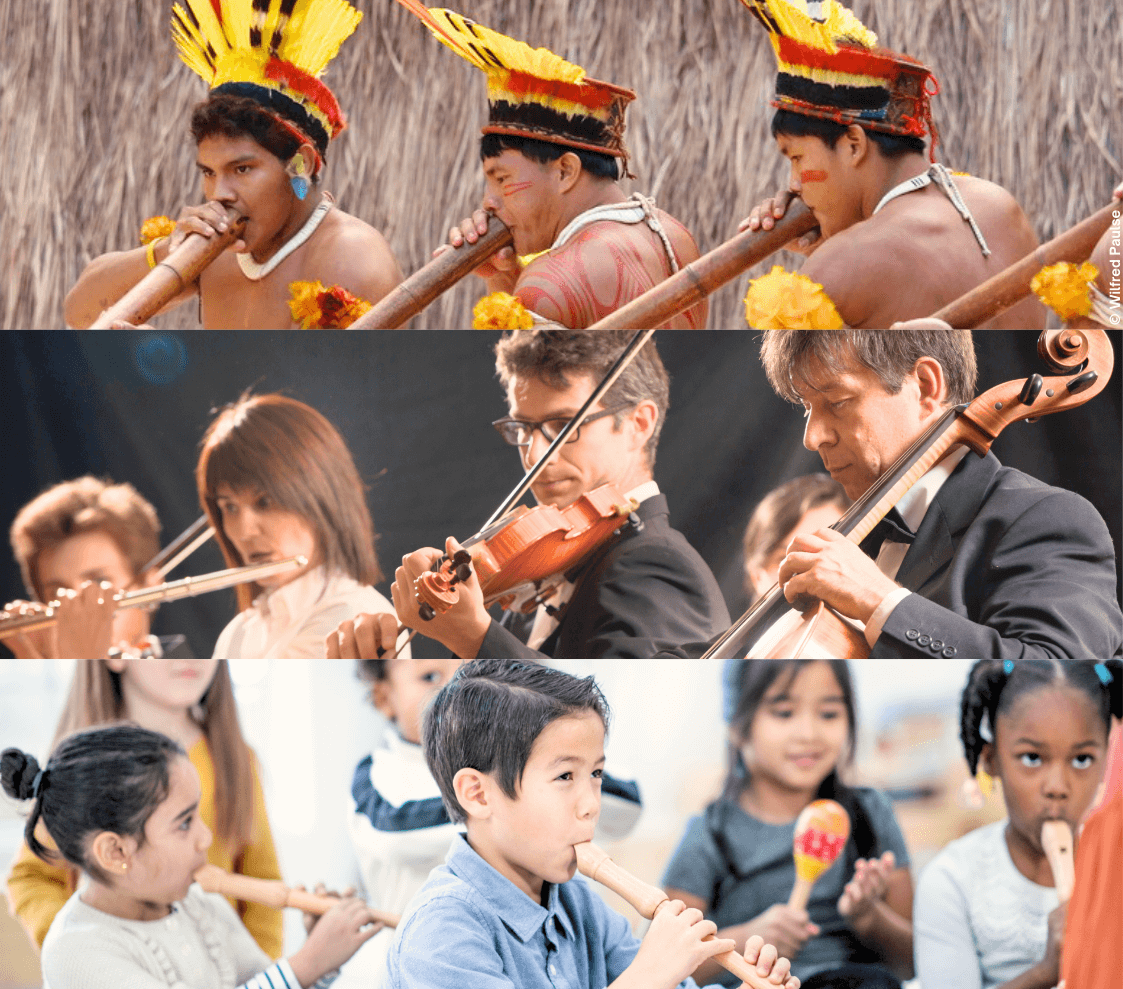
The Worldwide Music Conference 2024 brings together distinguished music researchers, musicians, as well as public, financial, and diplomatic figures. The goal is to identify key tasks for the preservation and development of musical culture and to create the Statement – a document listing these tasks and calling on the international community to join efforts in addressing them. At the conference, issues related to music creation, education, research, preservation of musical heritage, diversity and equality of national traditions, among other areas, will be discussed.
Summarizing the opinions expressed during the conference, participants will also develop the Justification of the Statement, in which the importance of the tasks outlined in the Statement will be supported by arguments from science, art, and society.
The Statement will later be promoted with the support of international organizations and diplomatic institutions.
For conference registration, we are using the official UN portal "Indico."
If "Indico" is experiencing technical difficulties and is currently unavailable, we kindly ask you to try accessing it again after some time.
Register for free, and consider making a donation to keep our non-profit efforts thriving!

1. Priority: the importance of musical culture for humanity.
2. Musical heritage, challenges in its protection.
3. Endangered cultures: the musical cultures of indigenous peoples as one of the most vulnerable and valuable parts of musical heritage.
4. Access to world musical heritage for all people.
5. The status of music in society.
6. Music education.
7. The importance and prospects of scientific research in music.
8. Conditions for the prosperity of musical culture.
9. The diversity of musical cultures.
10. The equality of musical cultures.
Review the draft version of the document.
Open the Statement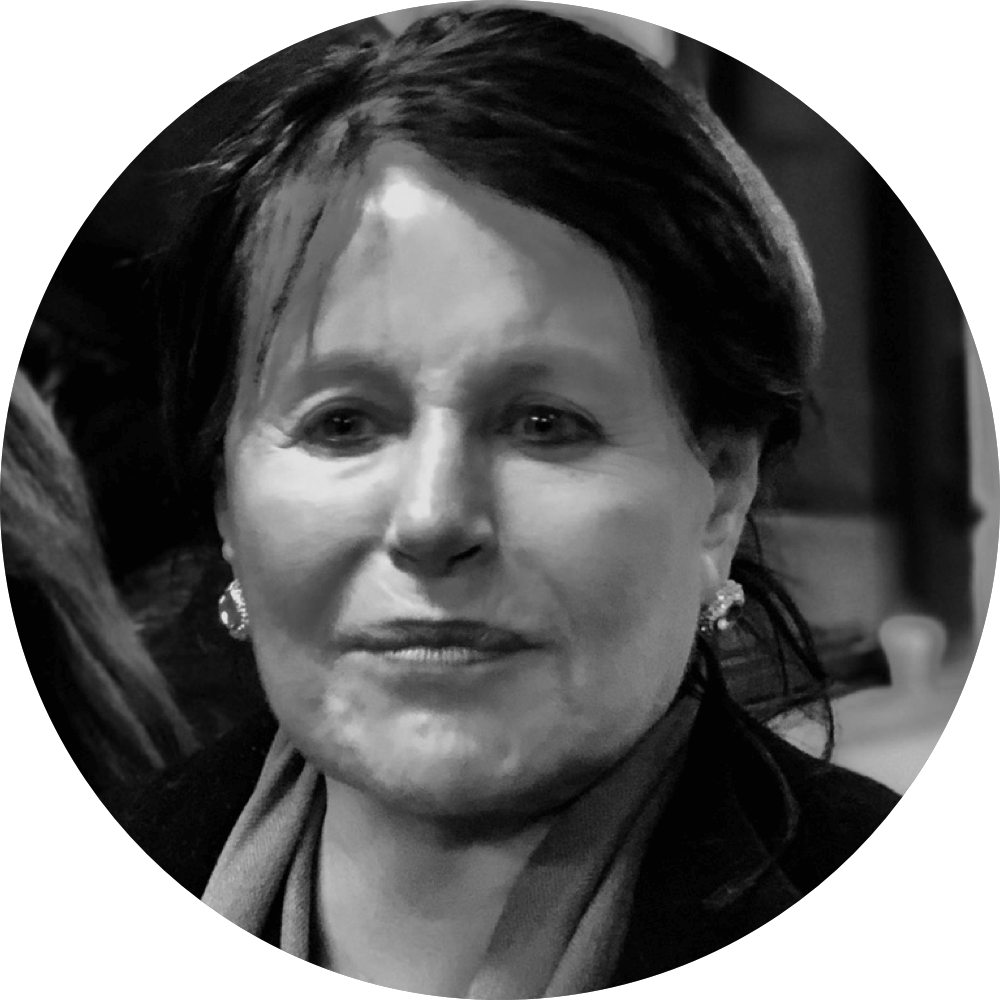
anthropologist and ethnomusicologist
past-director at the Association for Cultural Equity
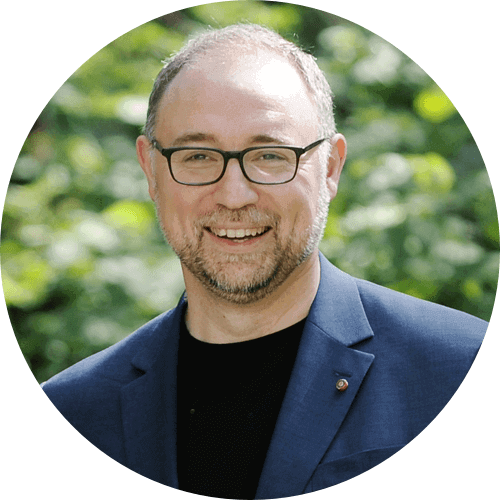
musicologist and semiotician
Kaunas University of Technology
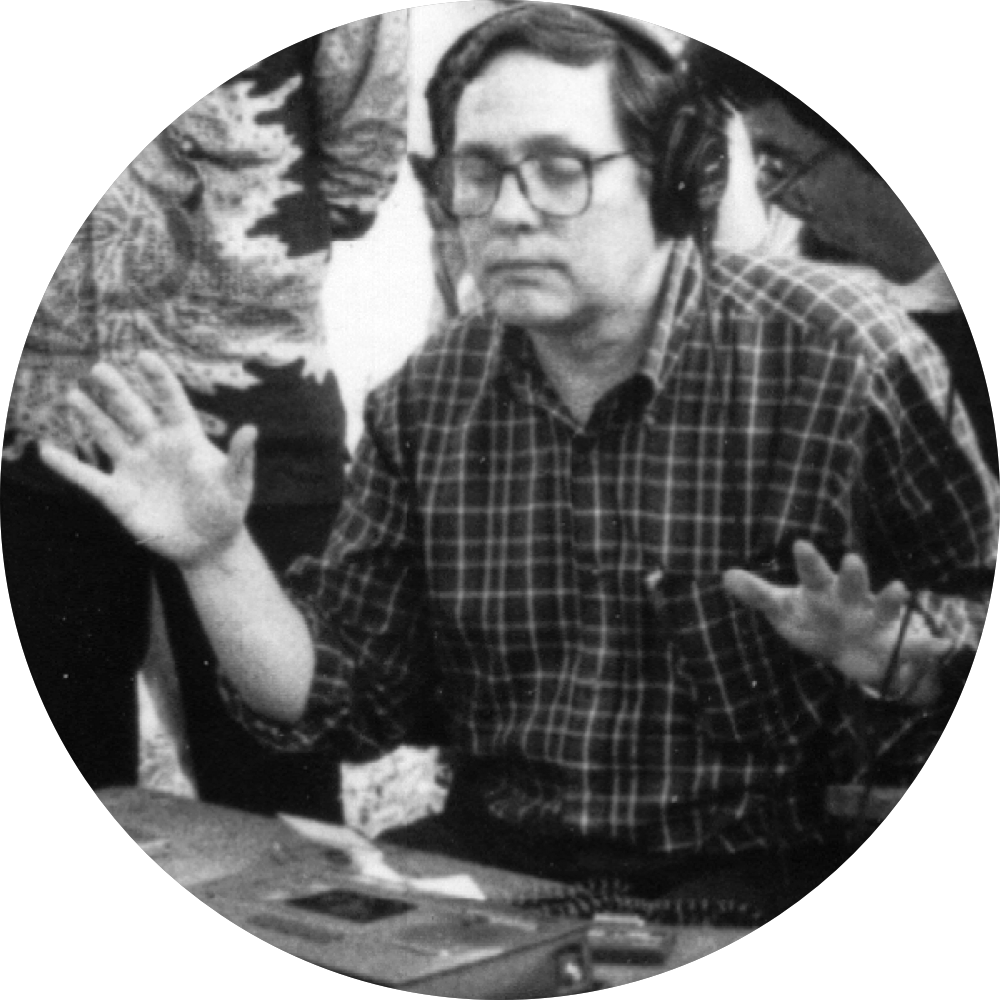
ethnomusicologist
past-director & founder of the Robert E. Brown Center for
World Music,
University of illinois
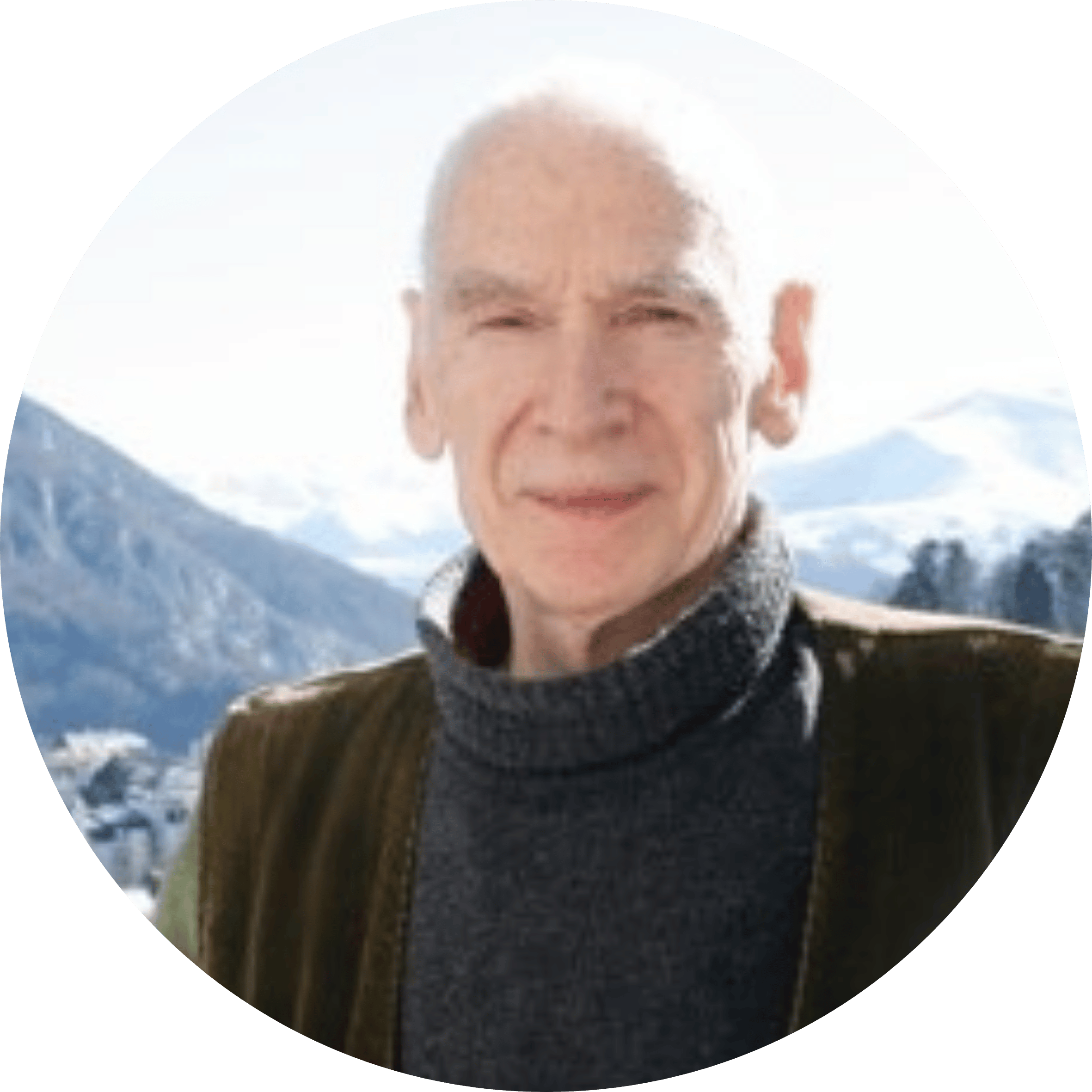
mathematician, philosopher, and musicologist, specializing in sacred chant, former professor at the University Paris-Nanterre
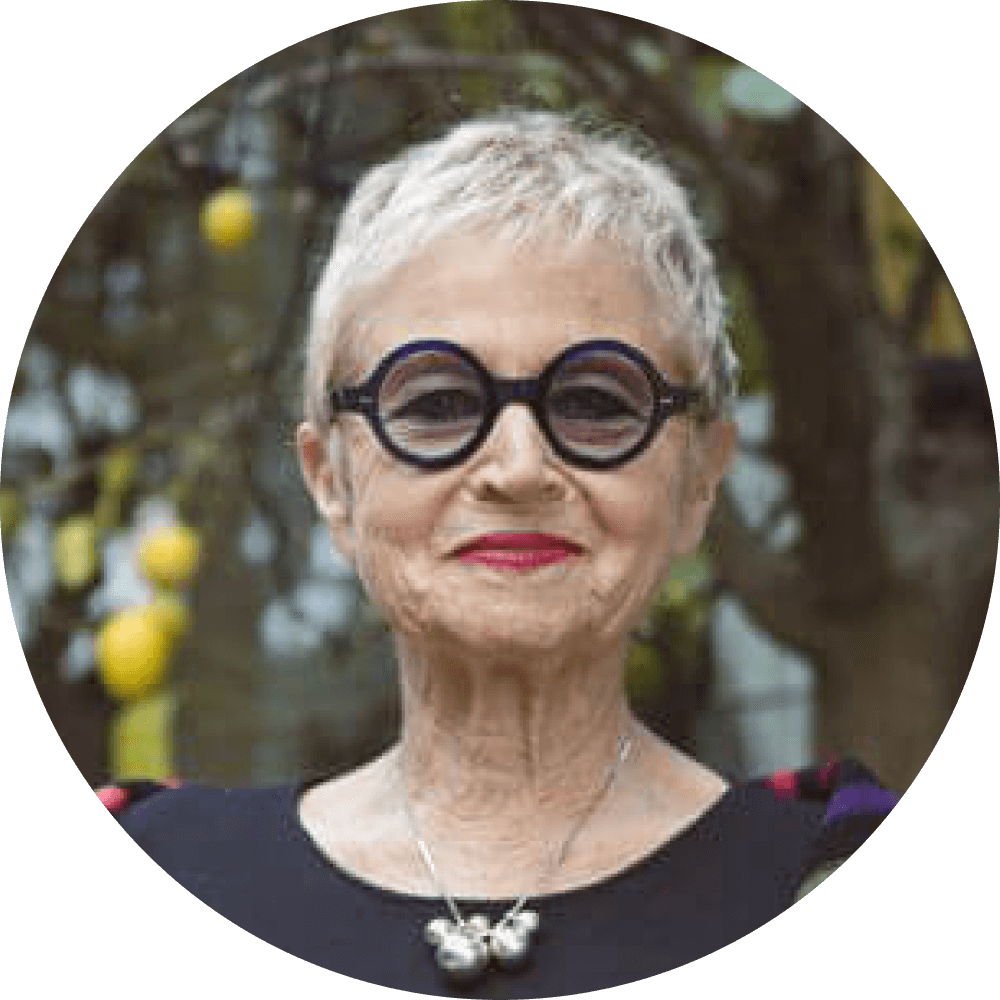
founder of the Mahler Foundation and the Mahler Conducting Competition

director of the Institut Jaques-Dalcroze, professor at the Haute Ecole de Musique, Geneva
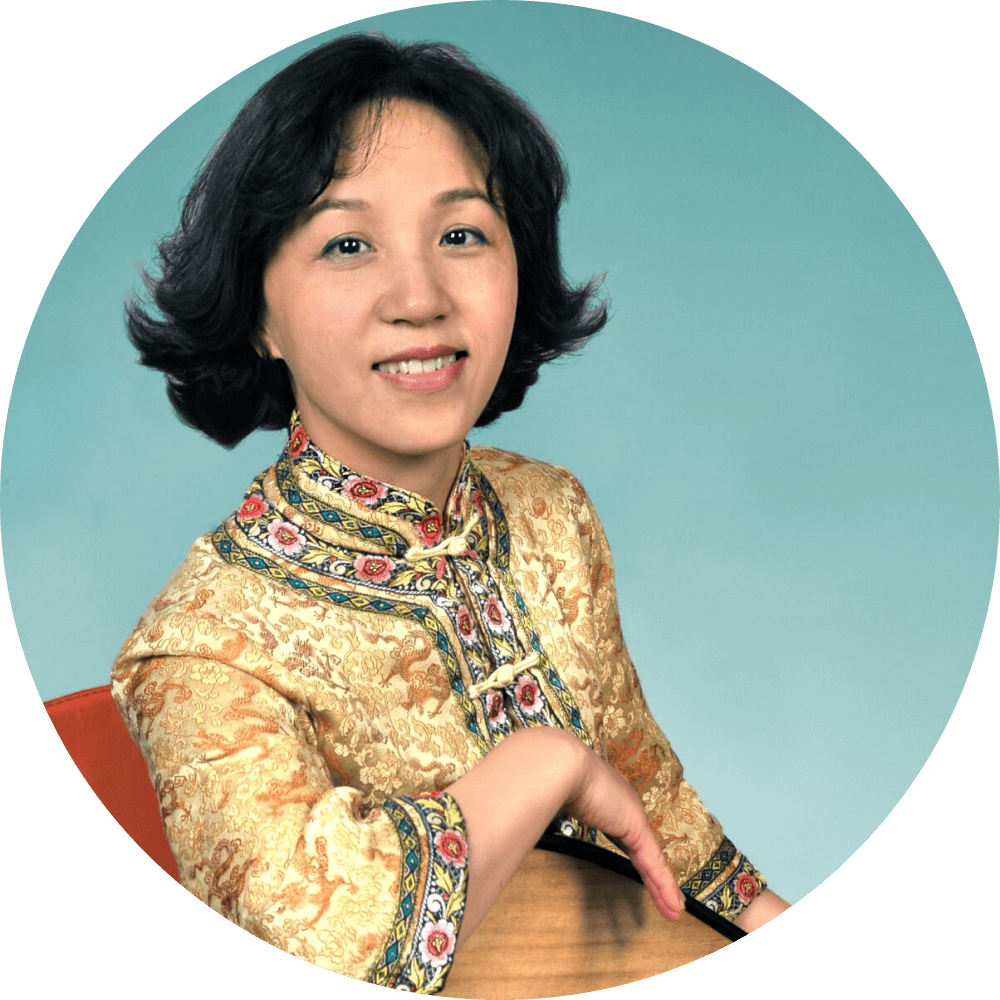
virtuoso pipa player, expert in traditional Chinese music, professor at the Haute École de Musique, Geneva

conductor, the founder and artistic director of Orchestra for the Earth and the music director at Oxford Opera
| Time | Activity | |
|---|---|---|
| 09:00 - 10:00 | Introduction by the World Health Organization (WHO) | |
| 11:30 - 12:00 | Conference Opening | |
| 12:00 - 16:30 | The Statement Discussion | |
| 16:30 - 18:00 | Panel: Conclusion of the Discussion | |
Palais des Nations, Room XVIII, E . Building
We are a Geneva-based non-profit association and we are building an interdisciplinary community of specialists exploring music. With the 2024 Conference and the launch of the Statement, we are increasing the scale of our impact. Your financial support helps us to cover the costs for delivering this year’s conference.
CH13 0900 0000 1635 4482 2
Association Worldwide Music Conference
1202 Genève
The association is a non-profit organisation based in Geneva, Switzerland.
WWMC builds an international community of people who share and support our mission — to give a holistic view on music and expand music comprehension for the further development of musical culture. The community consists of music researchers, musicians, as well as public, diplomatic, and financial figures and institutions.
The Worldwide Music Conference in Geneva is a flagship event that showcases the latest scientific discoveries about music and draws public attention to the most urgent issues of musical culture.
The Worldwide Music Conference, held in different parts of the world, explores the indigenous and traditional musical cultures of individual nations and regions, as well as important phenomena that have had a significant influence on the evolution of music.
Besides the conferences, our main activities include research projects.